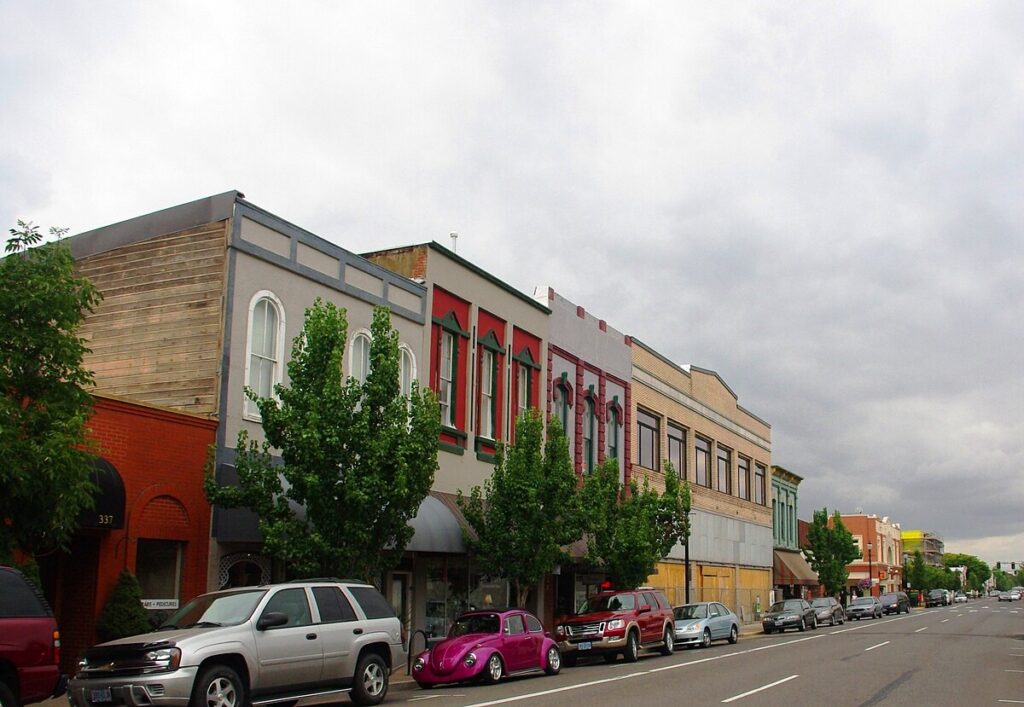
Moving to Albany, Georgia: A Comprehensive Relocation Guide
Considering moving to Albany, Georgia? This Southwest Georgia city offers affordable living, military presence, and regional hub status. With approximately 68,000 residents in 2025, Albany combines small-city character with Flint River location and Southwest Georgia’s largest city.
Demographic Profile to Consider If Moving to Albany:
Albany’s 2025 population is approximately 68,000 residents in this Dougherty County city in Southwest Georgia along the Flint River. The median age is around 35 years, with diverse working families, military personnel, and professionals. The population is approximately 73% Black or African American, 22% White. Albany serves as Southwest Georgia’s economic and medical hub. The city features historic neighborhoods, the Flint RiverQuarium downtown, and Marine Corps Logistics Base Albany influencing the community. Albany attracts those seeking affordable Southwest Georgia living with regional employment. The community balances historic character with economic development. Find trusted local services for moving, living, and working in Albany 2.Albany 2 Relocation Directory
Cost of Living to Consider If Moving to Albany:
Albany offers exceptional affordability for Georgia. Median home values range from $140,000 to $200,000 in 2025, among the state’s most affordable markets. The median household income is approximately $42,000. Rental properties average $900 to $1,300 monthly. Georgia’s state income tax is 5.75%. Overall cost of living is very low compared to Georgia metros, making Albany highly attractive for those seeking affordable living, first-time buyers, and military families. The city provides tremendous value for Southwest Georgia. Housing costs create exceptional accessibility for diverse income levels.
Economy and Job Market:
Albany’s economy centers on military, healthcare, manufacturing, and agriculture. Marine Corps Logistics Base Albany provides significant military employment and economic impact. Phoebe Putney Health System is a major regional employer with extensive medical facilities. Procter & Gamble operates manufacturing. The region’s agricultural heritage includes peanuts, pecans, and other crops. Albany State University provides education employment. Major employers include military, healthcare, education, and manufacturing. The economy serves as Southwest Georgia’s regional hub. Typical industries include military, healthcare, manufacturing, and agriculture support.
Education:
Dougherty County School System serves Albany students with schools throughout the city. School quality varies, requiring family research. Albany State University, a historically Black university, offers comprehensive programs. Albany Technical College provides workforce training. Darton State College operates in the area. The educational infrastructure serves the community with varied options.
Recreation and Lifestyle:
Albany offers the Flint RiverQuarium downtown showcasing regional aquatic life and the Blue Hole spring. The Flint River provides recreation opportunities. Chehaw Park features zoo, camping, and recreation facilities. Radium Springs Gardens offers scenic beauty. The Albany Museum of Art and Albany Civil Rights Institute preserve culture and history. Residents enjoy Thronateeska Heritage Center and outdoor activities. The lifestyle emphasizes affordable living, regional attractions, and family activities. The mild climate enables year-round outdoor recreation. The community values affordability, military service, and regional connectivity. Albany serves as Southwest Georgia’s cultural and economic center.
Healthcare and Services:
Albany residents access comprehensive healthcare through Phoebe Putney Memorial Hospital and Phoebe North providing extensive medical services. The regional medical center serves Southwest Georgia with specialized care. The healthcare infrastructure supports the area’s population.
Transportation:
Albany is accessed via Interstate 75 (east of the city), U.S. Highway 82, U.S. Highway 19, and various corridors. Southwest Georgia Regional Airport provides limited commercial service. Albany Transit System operates bus routes throughout the city. Most residents use personal vehicles. Typical commute times within Albany are short.
Conclusion:
Moving to Albany in 2025 offers affordable Southwest Georgia living with military presence, regional healthcare, and small-city character. The city’s combination of low housing costs, Marine Corps base, and regional hub status makes it ideal for military families, healthcare workers, and budget-conscious residents seeking Southwest Georgia lifestyle where affordability meets opportunity in the region’s largest city.

